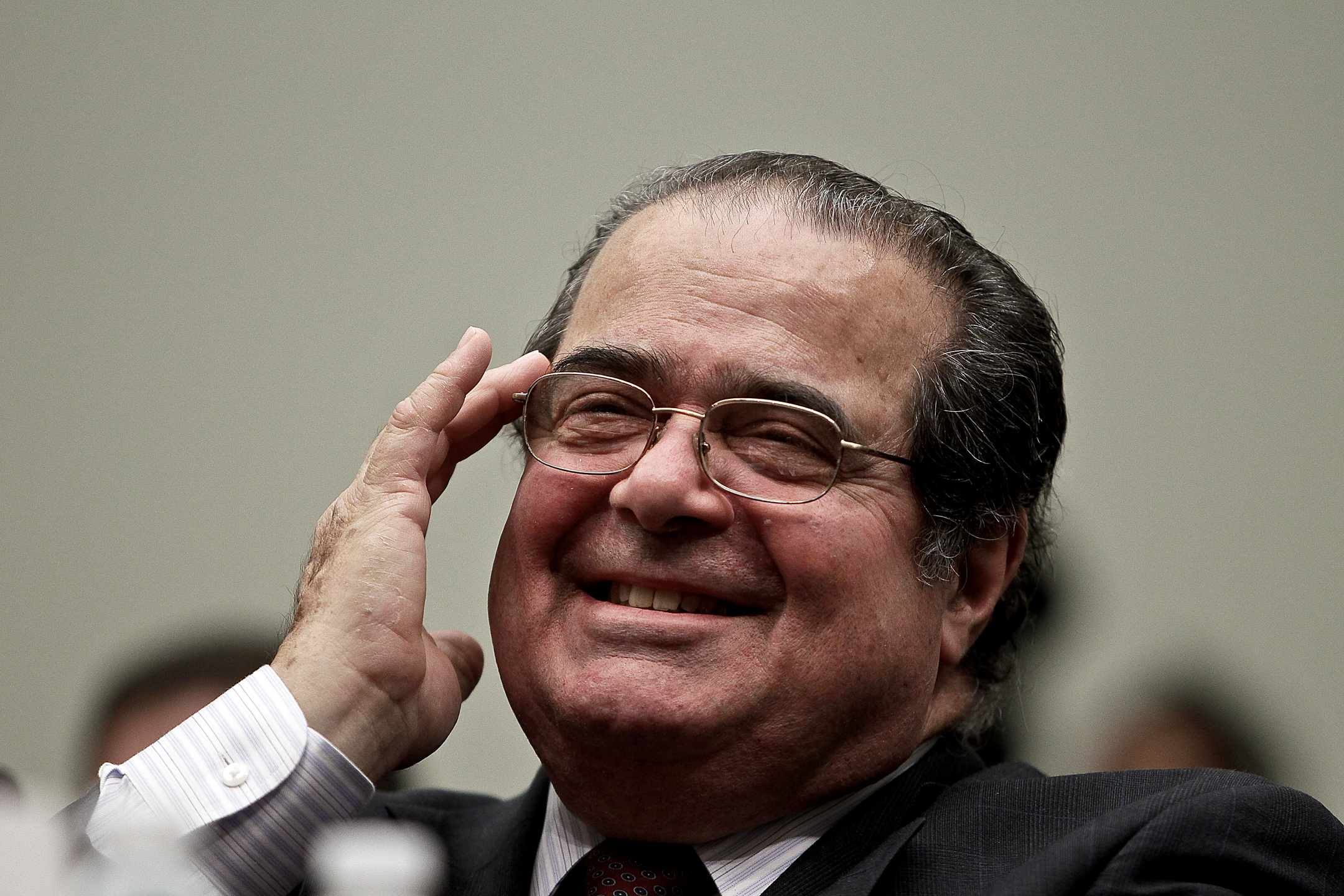In a very surprising 8-1 vote, the Supreme Court has sided with Samantha Elauf, a Muslim woman who Abercrombie and Fitch refused to hire because she wears a head scarf. The company, which is well-known for their preppy and trendy clothing, self-described as ?classic East Coast collegiate style,? stated that the head covering was not consistent with their dress code. The company claimed they couldn’t have discriminated against Elauf because she never asked for a religious accommodation and they prohibited every type of head-covering, even though they were likely able to determine she was a Muslim.

The justices weren’t swayed in the employment discrimination case. Antonin Scalia wrote the majority opinion for the 8 justices siding with Elauf, stating ?If the applicant actually requires an accommodation of that religious practice, and the employer’s desire to avoid the prospective accommodation is a motivating factor in his decision, the employer violates Title VII.” This significant change in direction from previous judicial interpretations of Title VII of the Civil Rights Act is substantial, forcing corporate America to take note that employees don’t necessarily need to ask for accommodations in order to be protected under the law.
It should also be noted that the decision was overwhelmingly in support of this new interpretation of Title VII, suggesting the court believes broader employment protections are needed, at least where religious accommodations are concerned. While the decision might seem surprising coming from the conservative-leaning court, it isn’t surprising to court watchers. Juxtaposing this decision with the much-disputed Hobby Lobby case, where the court dealt a huge blow to workers by accommodating ?closely-held? corporations? religious rights, an observer of the court might wonder why this case was so different. These landmark rulings might suggest that Chief Justice John Roberts is trying to establish a legacy that involves expanded rights for people and corporations where religious practices are concerned. It wasn’t just a win for Muslim workers, it was a win for all employees across America who might have grown worried following the Hobby Lobby case that the Supreme Court was only going to support corporations when employment discrimination cases arise.




